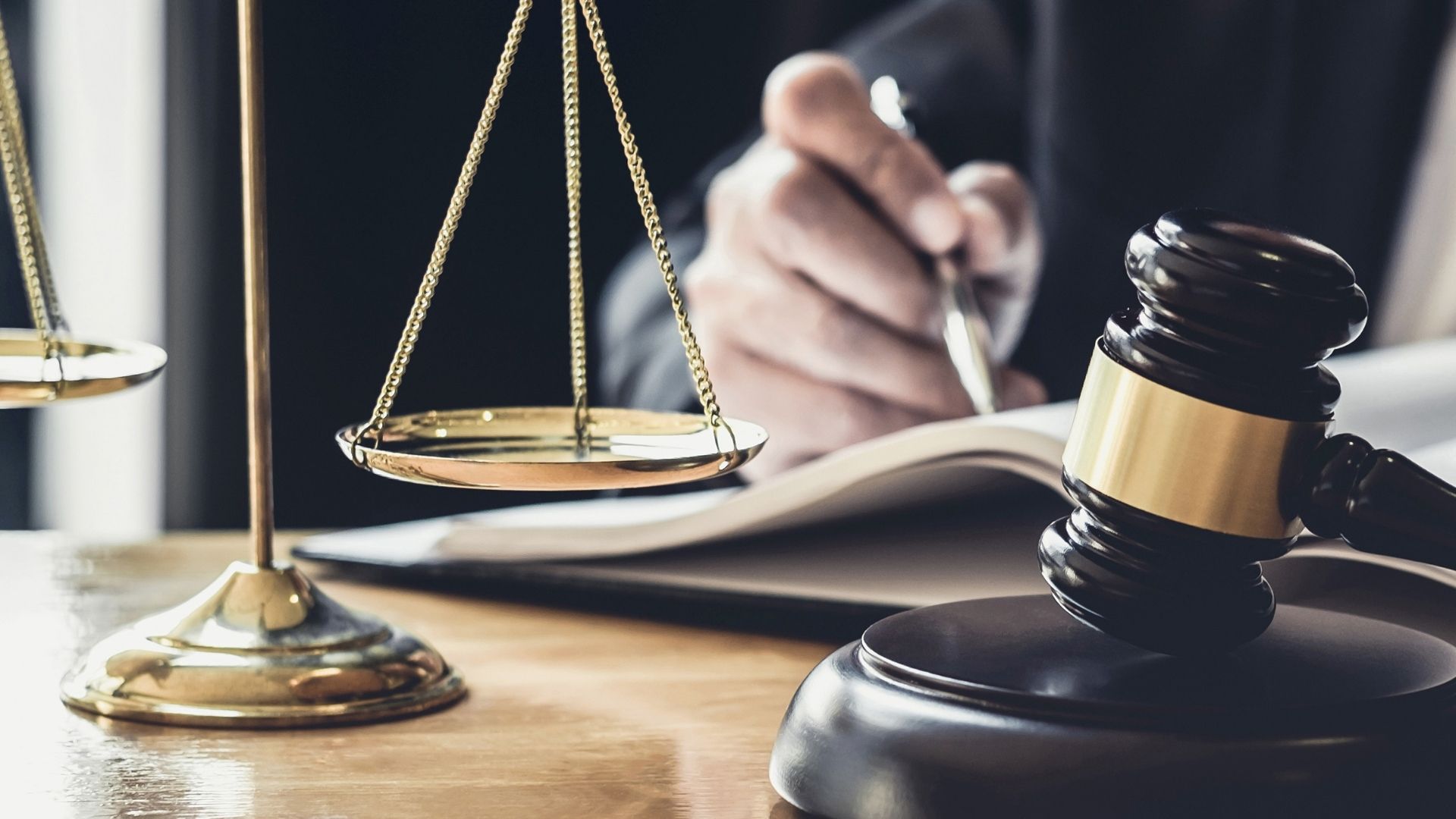Injustice happens to all of us, in big or little ways. Injustice is any time someone doesn’t get what they deserve, whether that’s a reward for good behavior or a punishment for bad behavior. It’s another way of saying that life isn’t fair, because justice would be fairness.
You see examples of it all the time on the news: After spending decades in prison, an innocent man is finally released after DNA evidence proves he was wrongly convicted. An assault is captured on video, but the images are not clear enough to identify the perpetrator. Or a criminal is convicted, but the mandated punishment doesn’t fit the crime.
With all of this happening in the world, it can be tempting to ask whether God cares about justice. And perhaps the injustices in our own lives seem so minor in comparison that, even though they bother us, we don’t bother bringing them to God.
As Christians, what is a right response to injustice?
God Cares About Injustice
For starters, we should care about injustice because God cares about injustice. He is a God of justice; it is part of His character.
For example, God hates, or calls it an “abomination,” when the wicked go free or the innocent are punished (Proverbs 17:15). He hates it when people cheat each other financially (Deuteronomy 25:13-16), do evil, shed innocent blood, or lie and bear false witness (Proverbs 6:16-19).
Because God is both just and perfect (Deuteronomy 32:4), He will perfectly execute justice (2 Corinthians 5:10). Perfect justice would mean that all sin is paid for—which is problematic for everyone, because we all have sinned (Romans 3:23) and the penalty for sin is death (Romans 6:23). But, because God is also loving, He sent His Son to pay that penalty on our behalf (Romans 5:8-9). If we accept that gift, our own sins have been paid for. But if someone rejects Jesus as Savior, God will ensure that they are rightly punished for their sins—He just hasn’t done so yet (2 Peter 3:9).
Christians should love justice, like God does (Isaiah 61:8). Trust that He will ultimately provide justice for everyone, whether through His own payment on the cross, or their own punishment in the end.
Help Those Who Are Victims of Injustice
When you love justice, you should speak up against injustice and stand up for those who are vulnerable or oppressed (Proverbs 24:11-12; Isaiah 1:16-17). You can “do justice” (Micah 6:8) and fight injustice through groups like International Justice Mission, our Reclaimed anti-sex trafficking ministry, prison ministries, and other opportunities to serve underserved communities in our city.
As part of the body of Christ, you should also lovingly come alongside those who are hurt by or grieving because of injustice (Romans 12:15). When the body is working properly, we should all be caring for and building up each other in love (Ephesians 4:16).
Don’t Commit Injustice Yourself
Be a part of the solution; don’t add to the problem yourself. That might seem obvious, but it is worth being said.
That also means not committing injustice in response to injustice. Injustice is not the solution to past injustice; justice is. Don’t take justice into your own hands (Romans 12:19), and don’t, in anger, commit other wrongs (Ephesians 4:26).
Remember that you might not yet have all the facts (Proverbs 18:17). When in doubt, remember that God does know everything that happened, and He will not let anyone escape justice (Exodus 23:7).
Seek Peace
If you are a victim of injustice, pursue justice, but also pursue peace (Psalm 34:14). Seek to forgive people who have wronged you—not for their benefit, but for your own good.
Forgiveness can be hard, so it is helpful to understand what forgiveness is (and what it isn’t). It is not minimizing the sin or letting the other person off the hook. For example, you can forgive someone and still testify against them in court. It also helps to know why God calls us to forgive and how to grant forgiveness even when it is hard.
Forgiveness doesn’t undo the wrong committed against you, and the other person will still likely face consequences. But it can be a helpful step of healing for yourself.
Seek to Make It Right
If, on the other hand, you are the one who has committed the injustice, seek to make it right. That means, for starters, confessing what you have done and asking for forgiveness. It also means accepting the consequences, whatever those consequences may be. If you have stolen from someone or otherwise wronged them financially, you should pay back more than what you owe (Exodus 22:1; Luke 19:8).
We’ve all done wrong at some point, in some form, since we all have sinned. And because all have sinned, we’ve likely been wronged by others. We should be thankful that God has provided payment for how we have sinned against Him, and trust in His perfect justice for those who have sinned against us.
